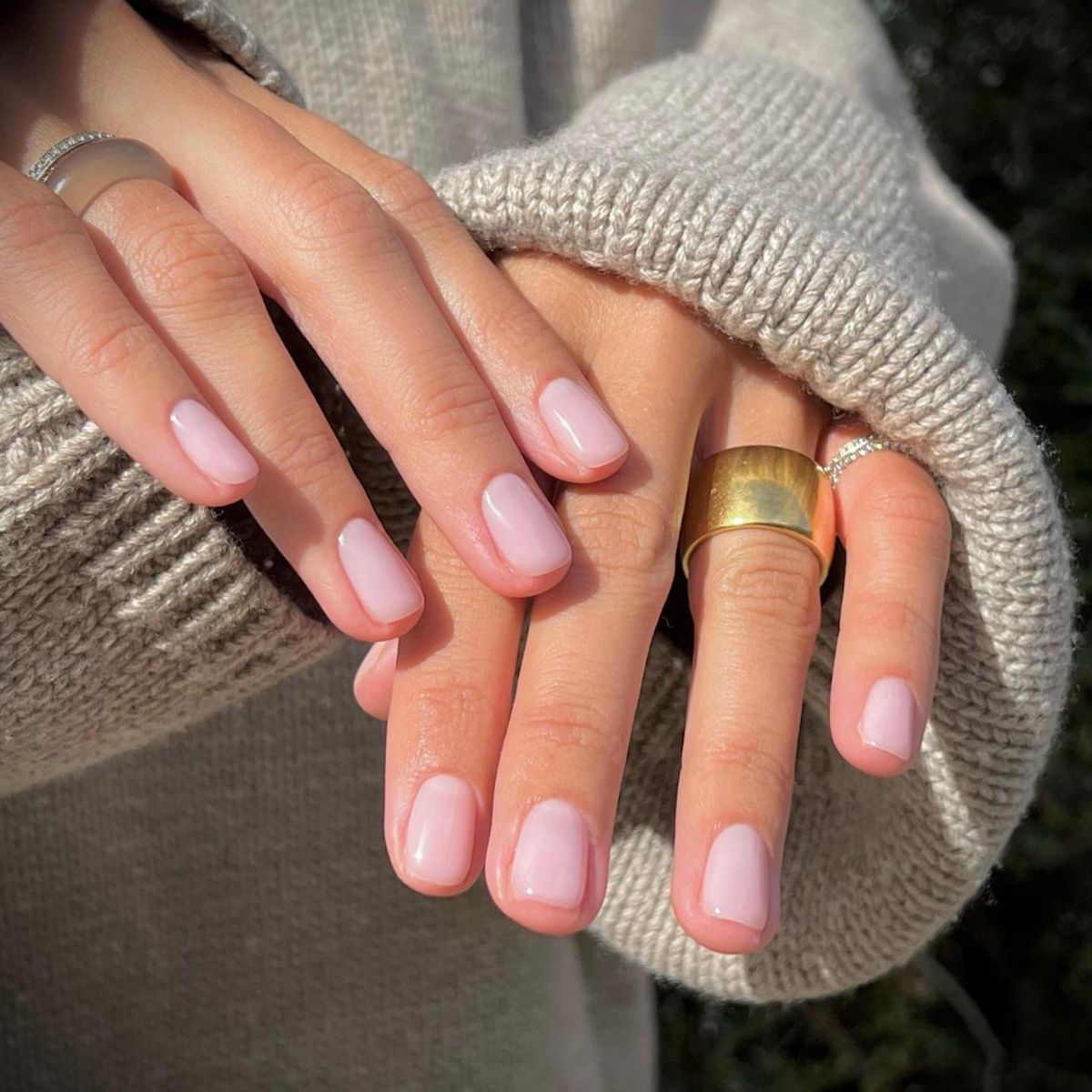Here’s What Happened to All Those Brands You Loved in High School

If you’re a child of the ’80s or ’90s, you’re probably familiar with the Internet’s trove of nostalgia for both decades. Whether it’s popular TV shows from that time or the toys we couldn’t get enough of, it’s easy to take a walk down memory lane with a quick Google search.
That being said, we’ve noticed a major dearth of information regarding the clothing and accessories brands we loved at the time, so we decided to do some deeper digging to fill the void. Though pictures of butterfly clips abound, we wanted to know exactly what happened to all of the specific brands we once loved.
Scroll down to see the results of our search!


As you may have heard, the once überpopular brand Abercrombie & Fitch has been in hot water over the last few years due to comments made by its original CEO, Mike Jeffries, regarding its exclusive hiring policy—essentially pretty, white people only—and its overtly sexual advertisements geared toward younger customers. People were so annoyed that they protested Jeffries in a 2013 Change.org petition, which led to his eventual firing this past December. But in a welcome effort to turn the brand around and boost its floundering sales, the company recently implemented an all-inclusive hiring policy and plans to eliminate all sexualized imagery (and all of those male models) from stores by July. We're looking forward to the transformation!
Check out Abercrombie’s current wares to decide for yourself.


It turns out that the inimitable Baby-G watch—that gem of ’90s babies everywhere—never actually left. The shock-resistant timepiece, which was released in 1994 as part of parent company Casio’s larger G-SHOCK line, was geared solely toward women, decked out in bright colors and surfer motifs that were popular at the time. Though the watches fell off the radar for a while, they never stopped selling, and some of our favorite celebs have actually been spotted rocking them over the last few years—the Pitch Perfect cast, Kesha, and Rihanna—signaling a rebirth of the trend we once couldn’t get enough of. Consider it the anti–Apple Watch.
Gave your watch away? Get in on the nostalgia with a new Baby-G.


Much to the dismay of ’90s babies everywhere, months of rumors led to reality when favored teen brand Delia*s filed for bankruptcy this past December. The chain, which most of us knew and loved for its quirkily styled catalogs (complete with witty illustrations and the same recurring models), had been struggling for a few years amid the onslaught of newer online retailers. Even Anna Kendrick eulogized the brand, in tweet form, of course. But it looks like our prayers have been answered (somewhat) with the recent announcement that the brand will be returning in online-only form (plus the catalog, naturally) come August. It may not be the same as hopping into the good-old mall, but at least we’ll have our go-to spot for nostalgic graphic tees again.
Keep your eyes peeled on the Delia*s relaunch on Instagram.


Esprit, which was launched out of the back of a couple’s station wagon in 1968, grew to be an internationally recognized brand for high-quality casualwear inspired by California. Hitting its stride in the ’80s and early ’90s, it became best known for its colorful sportswear and childrenswear, all boasting that infamous stencil logo. Its “Real People” campaign in the ’80s was another hit, featuring notable architects and designers like Ettore Sottsass. But the brand seemed to lose a little love once the aughts rolled around, and in 2012 it closed down all retail stores in North America, attributing it to an overall decrease in consumer spending. Some industry folk have blamed Esprit's downfall, instead, on the rising popularity of fast-fashion brands like Zara and H&M, but the world still wants some Esprit!
Esprit has no U.S. e-shop either, but you can see its wares on the European website.


Bar or bat mitzvah to attend? Sweet sixteen? Prom? Surely you considered a Jessica McClintock frock at one point in time. The super-feminine dresses, usually embellished with lace or something that shimmered, were the unexpected brainchild of Jessica McClintock, née Gagnon, after she invested in a small dress company called Gunne Sax in 1969. When the owner stepped down, McClintock took over to much success, opening 41 stores with annual sales over $100 million at its prime. Unfortunately, the brand was hit hard by the 2008 recession, when the purchasing of special occasion outfits greatly decreased, and it never fully recovered. The designer, who’s actually recognized by the CFDA, retired in 2014 but licensed both her fragrance and home collections, with hopes to do the same for her bridal and prom lines.
Browse a selection of old Jessica McClintock dresses here.


The Los Angeles–based denim brand JNCO was wildly popular in the late ’80s and ’90s for its baggy jeans with leg openings that reached 50 inches in their widest iteration. Perfectly attuned the hip-hop-obsessed culture of the time, the brand (which stands for Journey of the Chosen Ones) lost steam in the late ’90s with the widespread popularity of skinny jeans and shut down its main factory in 1999. However, it was announced in February that the brand would relaunch with new financial backing and three different collections: the core, fashion, and heritage. But in keeping with the times, the widest leg opening will be 23 inches.
See and shop JNCO’s current offerings here.


LeSportsac has been around since 1974, but it experienced its height of popularity in the late ’90s and early ’00s, when tweens and teens could be seen carrying their quirkily printed bags in school hallways across the country. Used as pencil cases and backpacks, design collaborations with Gwen Stefani and Fox’s The OC only increased the brand's popularity. Though LeSportsac is still going strong, its previous fans have outgrown it, passing it on to younger generations and the older set who remembers its origins. With fashion’s general trend toward minimalism, it’s hard to say if they'll have a renaissance anytime soon, but we'll keep our fingers crossed!
See the brand's current offerings here.


Solow pants were part of the first wave of athleisurewear, growing in popularity around the same time as the Juicy Couture tracksuit. Often worn by women running errands, rather than going to the gym, they quickly became a status symbol, with the Solow label emblazoned across the waistband. The brand is still around today, but it's taken a subtler path, ridding its wares of the overt labels and opting for simpler colors and silhouettes that consumers now seem to prefer.
Shop Solow’s current selection here.


Named after one of the founder’s mothers, Vera Bradley was launched in 1982 when two best friends noticed a lack of feminine-looking luggage options on the market. The colorful floral-print collection of weekender bags, wallets, and handbags grew to be especially popular in the ’90s with the rise of all things “Nantucket prep” and was a favorite of young women going after that upscale East Coast vibe. Like LeSportsac, many of those fans have now outgrown the girlie pieces, but it is still around today and, with the recent Lilly Pulitzer renaissance, we wouldn’t be surprised if the brand made a larger comeback.
Shop Vera Bradley’s current collection now.
Are there any brands we forgot to look into? Let us know in the comments!


